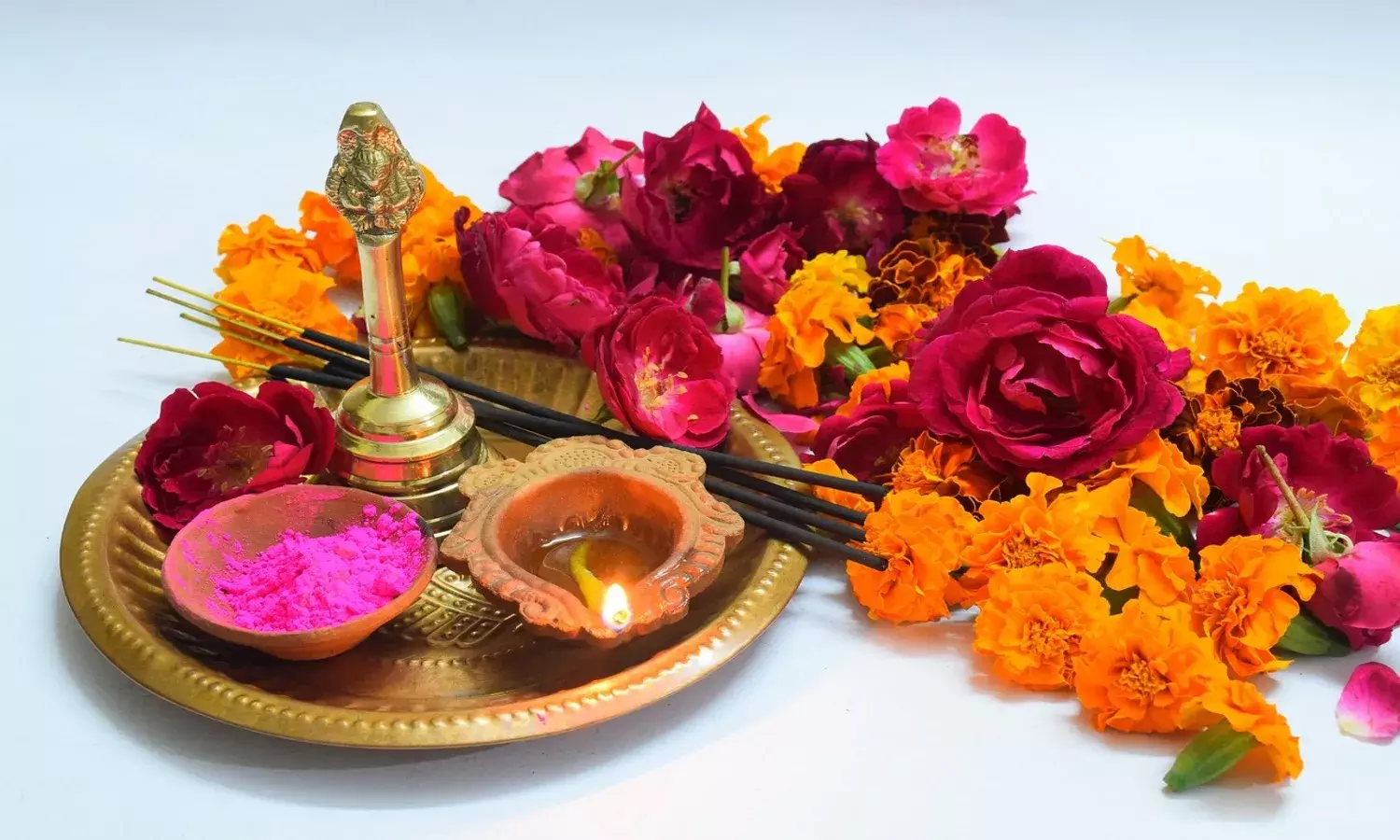Embracing Tradition: The Significance Of Rituals In Judiciary Events

A recent statement made by Justice Abhay Oka of the Supreme Court advocating for the abandonment of religious rituals in judiciary events has sparked a conversation on the role of traditions and ceremonies within the judicial system. This debate revolves around the question of whether these rituals hold value and significance in the context of the judiciary. It is important to recognize that rituals and ceremonies have been an integral part of human civilization throughout history. They serve as a connection to our cultural heritage, fostering a sense of identity, unity, and continuity.
Rituals have played a significant role in societies across the globe, serving as a means of expressing beliefs, values, and social norms. They create a shared experience and a sense of belonging, reinforcing a collective identity. By incorporating rituals into judiciary events, we acknowledge and honour the rich tapestry of traditions that make up our diverse society. These rituals not only reflect the cultural mosaic of our nation but also provide an opportunity to educate and promote understanding among participants.
One of the concerns raised by Justice Oka is the potential conflict with the principle of freedom of religion. Restricting or eliminating religious rituals in judiciary events may inadvertently marginalize individuals who derive meaning and solace from their religious beliefs. It is important to strike a balance that respects the diversity of religious faiths while upholding the secular nature of the judiciary. This can be achieved by embracing a pluralistic approach that incorporates rituals from various religions, ensuring that no specific faith is given preferential treatment.
Rituals in judiciary events often carry symbolic significance, evoking a sense of solemnity, reverence, and purpose. These ceremonial acts can create an atmosphere of respect and mindfulness, reminding participants of the gravity of their roles and responsibilities within the judicial system. Lighting lamps, performing prayers, or engaging in other ritualistic practices can help instil a sense of awe and inspire a deeper connection to the principles of justice. The symbolism inherent in these rituals can uphold the integrity of the judiciary and reaffirm its commitment to upholding the rule of law.
Furthermore, religious rituals in judiciary events can serve as vehicles for promoting unity and inclusivity. By embracing the rituals of various religions, we acknowledge the mosaic of beliefs within our society and create an environment that appreciates and respects different faiths. This inclusivity can contribute to the perception of a fair and impartial judiciary that values the diverse perspectives of its participants. It is important to ensure that these rituals are inclusive and representative of the religious diversity in our society, allowing individuals from all faiths to feel a sense of belonging and inclusion within the judiciary.
Another aspect to consider is the historical continuity and institutional respect that rituals in judiciary events can maintain. These rituals often have deep historical roots, symbolizing the traditions and customs that have shaped the judiciary over time. By honouring these rituals, we pay homage to the legacy of those who have dedicated their lives to upholding justice. This sense of continuity connects the present generation of judges and legal professionals with their predecessors, fostering a sense of pride, identity, and purpose within the judiciary.
Critics may argue that religious rituals are incongruent with the modern, secular nature of the judiciary. However, it is possible to strike a balance between tradition and modernity by adapting rituals to reflect contemporary values. Incorporating environmentally conscious practices, as suggested by Justice Gavai, can be a step in the right direction. By emphasizing activities such as planting trees or engaging in community service, we align rituals with current concerns, demonstrating the judiciary's commitment to the well-being of society and its responsiveness to evolving societal needs.
Although Justice Oka's concerns about the secular nature of the judiciary may not hold true in their entirety, completely disregarding religious rituals would mean disregarding the cultural, historical, and symbolic value they possess. Rituals in judiciary events have the capacity to promote unity, inclusivity, and respect while also maintaining a strong connection to our cultural heritage. Finding a balance between tradition and modernity, and embracing rituals that are inclusive and representative of diverse faiths, allows us to preserve the essence of these ceremonies while upholding the principles of justice, equality, and respect for all. By acknowledging the importance of rituals in judiciary events, we can ensure that the judiciary continues to serve as a symbol of reverence, unity, and fairness within our society.
Author is an Advocate practicing in the High Court of Bombay.
[The opinions expressed in this article are those of the author. Verdictum does not assume any responsibility or liability for the contents of the article.]

